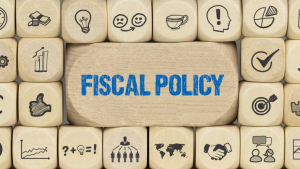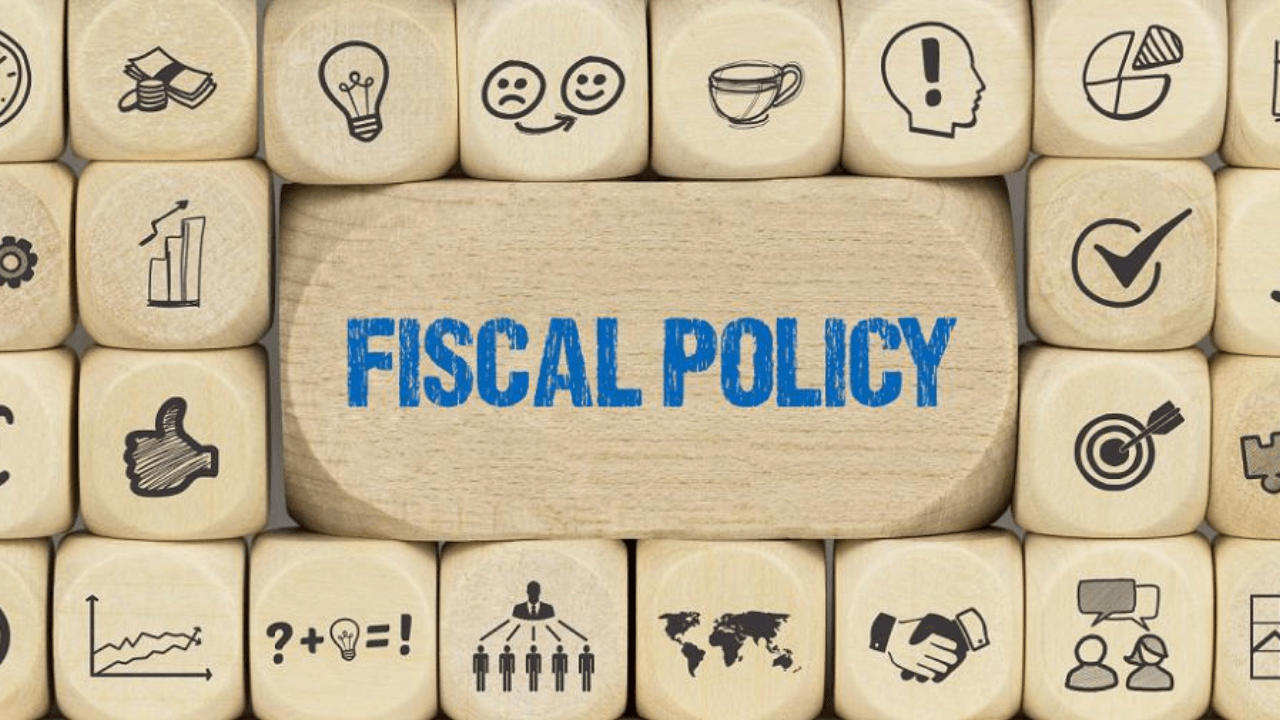Fiscal Policy: Objectives of Fiscal Policy
Fiscal Policy
- Fiscal policy is the use of government revenue collection (mainly taxes) and expenditure (spending) to influence the economy fiscal policy deals with taxation and government spending and is often administered by an executive under the laws of a legislature.
- Public or budgetary deficit arises when public expenditure exceeds public revenue. This branch of public finance deals with the different ways of solving of public deficit.
- Fiscal policy is the part of government policy that deals with raising revenue through tax and non-tax sources. And deciding on the level and pattern of public expenditure.
- It includes tax policy, public expenditure policy, investment or disinvestment strategies, and debt or surplus management.
Define Fiscal policy, discuss the objective of fiscal policy
- Fiscal policy is the use of government revenue collection (mainly taxes) and expenditure (spending) to influence the economy fiscal policy deals with taxation and government spending and is often administered by an executive under the laws of a legislature.
- Public or budgetary deficit arises when public expenditure exceeds public revenue. This branch of public finance deals with the different ways of solving of public deficit.
- Fiscal policy is the part of government policy that deals with raising revenue through tax and non-tax sources. And deciding on the level and pattern of public expenditure.
- It includes tax policy, public expenditure policy, investment or disinvestment strategies, and debt or surplus management.
Objectives of Fiscal Policy
- Optimum Allocation of Resources: The most important function of fiscal policy is to determine how the country’s resources will be allocated. Allocation of resources depends upon the collection of taxes and the size and composition (Various) of government expenditure. The national budget determines how funds are allocated to different heads of expenses. The fiscal policy helps in overall economic growth.
- Full Employment: The main objective of fiscal policy is to achieve and maintain full employment in an economy. For this, the fiscal policy should be designed to keep the level of aggregate demand high. In developing economics government expenditure on social and economic infrastructure is used to generate employment opportunities.
- Economics Stability: One of the main objectives of fiscal policy is to control inflation and stabilize prices. Therefore, the government always aims to control inflation by reducing fiscal deficits, introducing tax savings schemes, Productive use of financial resources, etc. to stabilize the economy.
- Reducing Income Inequalities: Taxation and public expenditure are used by the government to reduce inequalities. Progressive taxes imposed a heavier burden on the rich and the poor. Public expenditure on social infrastructure and subsidies on food, housing, health, and education help reduce income inequality.
- Reducing Unemployment and underemployment: Public expenditure can play an important role to reduce unemployment and underemployment by initiating employment works programs.
- Controlling Inflation: Fiscal policy encourages the supply of goods and services through appropriate incentives. As supply increases, the inflationary pressure is likely to be on the decline. To control inflation, the ideal fiscal response would be a reduction in public expenditure.
- Capital Formation: The main aim of fiscal policy is to increase the rate of capital formation through investment by giving tax incentives and subsidies to encourage private investment.
Encourage Social Optimum Pattern of Investment: In developing countries, fiscal policy can direct investment in the field that is most desirable from a social point of view.

fiscal policy meaning, objectives of fiscal policy, fiscal policy in India, monetary and fiscal policy for more notes Click Here Business Economics Click Here
Notes prepared by Prof. Imaduddin
References: Manan Prakashan, Vipul, HL Ahuja articles.



vxvzxvzxv
It is so many help full to me thank you sir